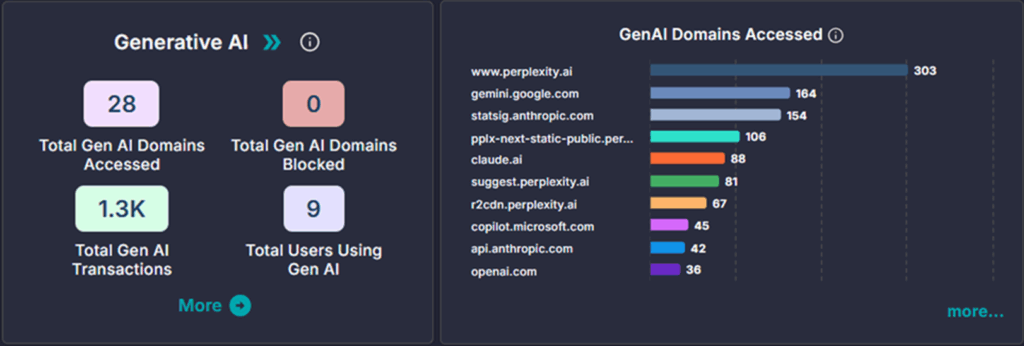Cloud storage is one of the most reliable ways to back up business data. However, most businesses still rely on virtual private networks to connect, collaborate, and store data. These old frameworks may have been efficient in the past but are in dire need of an update. This is why many businesses around the world are looking for reliable VPN alternatives. Modern technology has enabled businesses to onboard remote employees and store private information in the cloud. The modern alternatives allow you to still send and receive data but in a more secure, reliable, and efficient way.
Thinking of replacing your slow VPN? Read on for more information on VPN alternatives that you can use to boost both productivity and security.
Benefits of a VPN
VPN technology was designed to give you access to your business network remotely. Many businesses are still using this technology to enable remote operations. In simple terms, connecting to a work VPN will let you send and receive data as if you were in the office. It’s no secret that more people are working from home than ever before. VPNs can be used to allow employees to access business data securely. However, the technology is still underpinned by outdated VPN infrastructure that comes with major security risks.
Security Risks of a VPN
There are a few major security risks that come with legacy VPNs. Virtual private networks are designed to be point-to-point networks. This means that your connectivity and visibility are far more limited than modern alternatives. VPNs don’t come with built-in security features. This means that your entire network can be at risk if anyone can connect to your WiFi. However, the most notable downside of traditional VPNs has to be how difficult VPNs are to scale.
Alternatives to VPN for Remote Access
When it comes to VPN alternatives, there are a few options available. SD-WAN and SASE are two of the most popular alternatives. SD-WAN is designed to be more efficient as it routes traffic between a network of SD-WAN appliances. However, these benefits are limited to locations that have secure SD-WAN appliances. SASE stands for Secure Access Service Edge. This solution solves the problems of SD-WAN by allowing you to connect directly to the cloud. Security services can be deployed near cloud-based resources to help minimize the impact on network performance.
Why You Should Consider VPN Alternatives
If you’re thinking about upgrading your VPN, there are a few reasons why you should consider upgrading. VPNs are reliant on physical hardware in your office. While this may have been revolutionary in the past, modern alternatives can make your life much easier. Modern alternatives are also more affordable to install and maintain. This is because some connectivity solutions are available as a subscription. This means that you just have to pay a monthly fee and you can benefit from having the latest system.
The Benefits of Cloud Technology
Platforms like Cloudbrink leverage the latest in cloud technology. This comes with a ton of security and scalability benefits. Here’s a quick look at these benefits.
1. Ease of Use
Traditional VPNs are complicated and expensive to maintain. Most VPNs rely on physical hardware that you need to install and maintain in your office. This makes it even more complicated to update and maintain.
Cloud technology removes these barriers. In this way, your network can live seamlessly in the cloud. This means that you just need login details, and you can access your network from anywhere in the world.
Whether you want to access the network on your computer, laptop, tablet, or smartphone, cloud technology makes this possible. However, this ease of use does not sacrifice security in any way.
2. Security
Cloud technology can be updated with the click of a button. In most cases, security updates can happen in the background without you even noticing. This means that your network will benefit from the latest security updates in real-time.
While you may have to stick with a username and password for traditional VPNs, cloud technology expands to include two-factor authentication and biometrics. This allows you to access your network effortlessly with your fingerprint or even facial recognition.
These security features keep your data secure but also make accessing the platform quicker.
3. Scalability
Every business has one goal in mind: growth. However, growth often means that you have to employ more people and buy additional hardware to support the expansion. Cloud technology takes some of these costs out of the equation as you can scale with the click of a button.
Whether you have a small business with three employees or you’re a massive corporation with thousands of remote workers, cloud technology keeps things simple.
Cloud VPN Alternative
Virtual private networks are used by businesses around the world to connect and collaborate. However, technology has evolved past these unsecured, slow networks of the past. Cloudbrink leverages the latest in cloud technology to empower your remote workforce. This results in a service that is secure, fast, and scalable to meet your needs. As one of the best VPN alternatives, Cloudbrink offers you everything you need under one roof.



